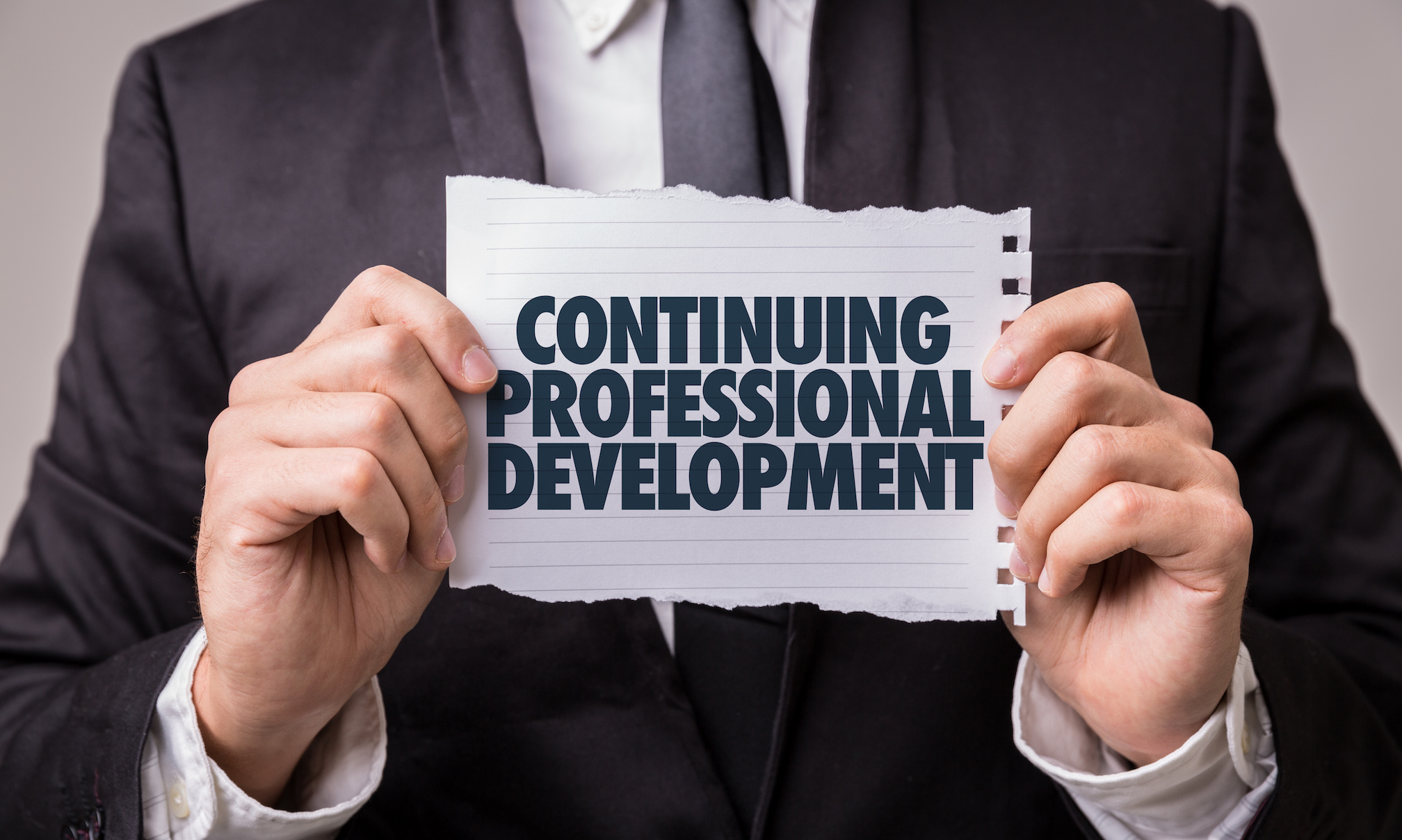We are using cookies to collect data that help us give you the best experience of our site, by continuing to use the site, you are agreeing to our use of cookies.
Read more
training blog - the importance of continuing professional development
I know that in a lot of professions, the need for Continuing Professional Development (or CPD as it’s more commonly known) is a legal requirement and can become perceived as routine and monotonous, but it doesn’t have to be like that. CPD can come in many forms for Trainers and should be viewed as something to make the learning experience better for those we are fortunate enough to train as well as enhancing us as a trainer. I like to always advocate best practice in CPD as being something that should be engaging and interesting just like good training should be, and there are many ways we can get this. Here are some of my top tips to complete CPD as a trainer:
Peer or Managerial Assessment – In addition to getting feedback from your audience, a fantastic way of learning the best practice is to get a Trainer peer or Manager to assess you objectively. Ideally, make sure you keep the feedback to the five pillars of assessment, but if not possible, then three would be a useful starting framework: Content, Personal Qualities and Structure. It’s easy to get stuck in the same routine so doing this allows another person to share that all-important best practice.
LinkedIn – Joining LinkedIn groups and extended networking is a brilliant modern tool for CPD. Joining in questions and reading articles from group pages and individuals does enhance your knowledge, and I find LinkedIn very good for this.
Reading – Sometimes there’s no substitute for an excellent book, and I’ve lost count in how many times someone has given me recommendations for good books on something that I’ve discussed in a classroom that I’ve ordered that day from Amazon. I’m not a massive reader, but I do like the Audiobooks which have become popular too and are a great option.
Events – There are events held all over with guest speakers in person or Webinars etc. that you can get booked onto and don’t necessarily cost anything. As above, I do find LinkedIn a great source of being able to source these from your personalised network. Internal Standardisation exercises and events work well too and can be pre-programmed on a rolling calendar; make sure that these don’t end up getting within the “Mundane” zone! Ensuring that different people taking differing topics and exercises will maintain more interest when completed regularly.
Further Training – I was lucky enough to recently re-visit some fantastic people from Hampshire County Council about four months after I initially trained them on Train, the Trainer which allowed me to see how well they’d progressed in delivering training sessions over many months. They were able to show development and up-skilling to our Advanced practitioner status and receive new developmental feedback from me to keep up their CPD perfectly.
Discussions / Telephone Calls / Emails – Yes these really can be classed as CPD! Anything where learning or standardisation has taken place even very slightly counts.
Keeping good records of your CPD is also best practice, and if you are audited or are a member of a professional body, this will be a mandatory requirement. It is good practice to get into this habit quickly and every time it happens, log it!
Scott Fraser is a Master Trainer at Target Training and delivers our PTT Train the Trainer courses and our Advanced PTT Train the Trainer courses. You can read more about him here.



 0800 302 9344
0800 302 9344 Info@targettrg.co.uk
Info@targettrg.co.uk
